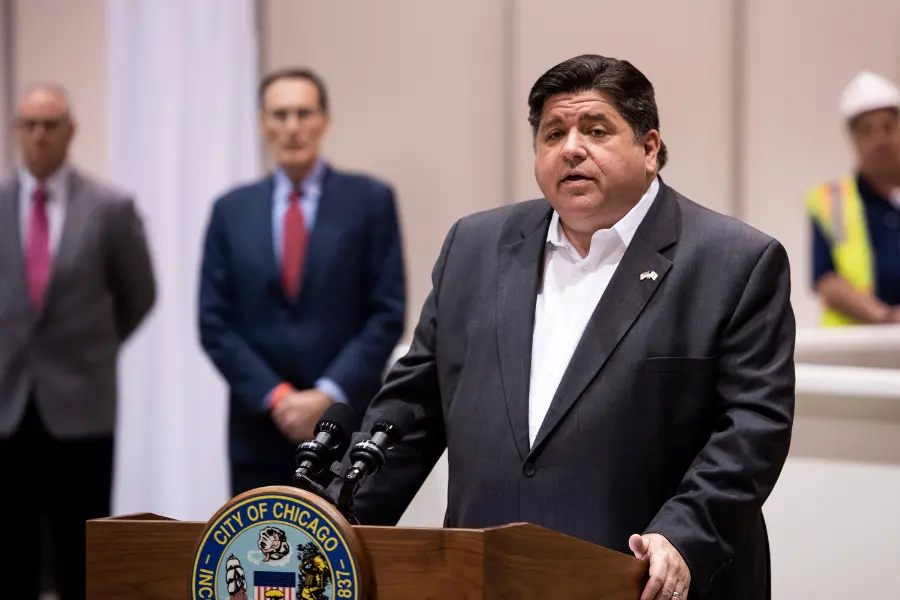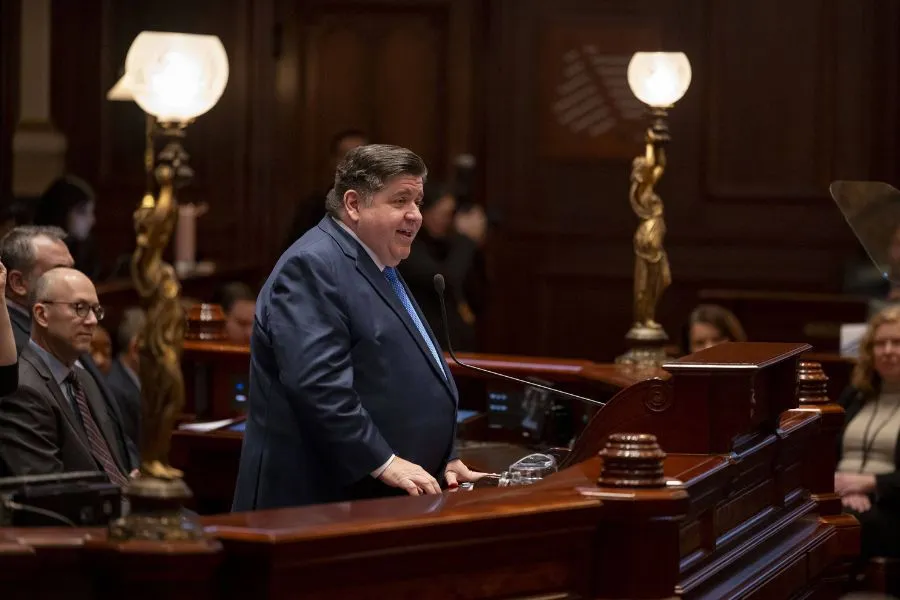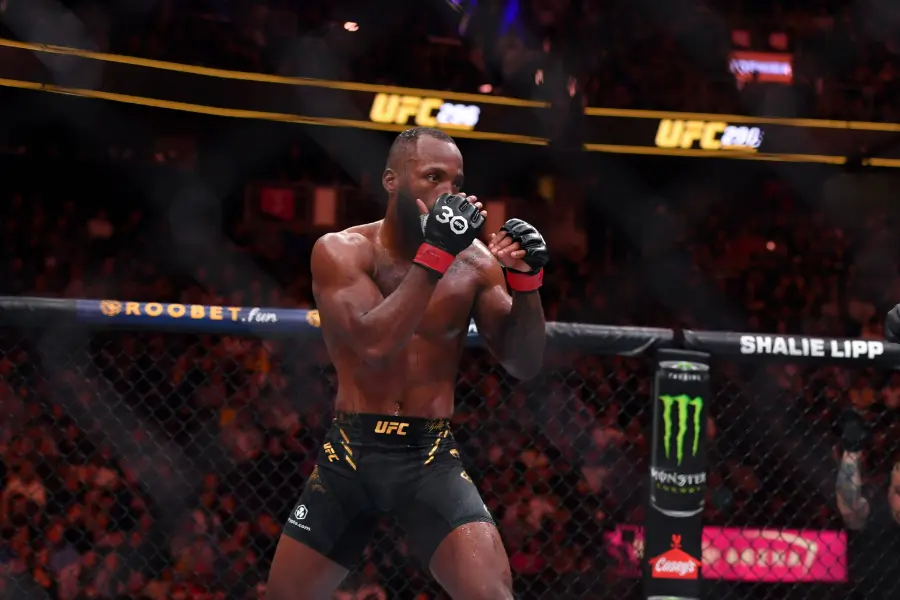Since Illinois sports betting was legalized in 2019, the state has taken advantage of its new surge in revenue, diverting a significant portion of its proceeds into education, infrastructure, and public welfare programs. With certain negative connotations surrounding gambling as an industry and an activity, it was paramount that states use the money generated from sports betting and gaming towards initiatives that enhance quality of life.
But as Illinois prepares a tax hike on sports betting, there are some who voicing their opposition to the plan.
Illinois Governor JB Pritzker has a bold budget plan
Governor Pritzker has acknowledged that the tax revenue that sports gambling generates can be a positive thing for the state of Illinois, and now wants a larger slice of the pie in order to accomplish his administration’s goals.
Pritzker’s suggested tax hike came in his new budget proposal. In it, he sought a 2 percent increase from his previous budget that would allot $52.7 billion total for the state of Illinois, including for social services for migrants and the unhoused and increased spending on education. The sports betting tax increase would cover a large portion of the budget’s proposed 2 percent climb, as well as increased taxes on businesses overall.
FanDuel encourages its users to push back on tax hike
Not everyone in the state is a fan of Pritzker’s budget plan or his suggested tax increase on sports betting, though. FanDuel in particular has been vocal about its dissent for Pritzker’s proposal. The company reached out to its users to drum up opposition to Pritzker’s tax hike via their app with the following message:
“STOP THE SPORTS BETTING TAX HIKE! We NEED your HELP! The Illinois legislature wants to MASSIVELY increase the tax rate on your favorite form of entertainment—placing bets on the teams, players, and games that you love! Use the link below to tell Governor Pritzker and your state representatives to say NO to a sports betting tax hike.”
In 2023, sportsbooks in the state of Illinois generated $1 billion in revenue from sports betting. Pritzker’s proposal would have generated an extra $200 million in taxes for the state had it been effective then.
FanDuel CEO Amy Howe spoke on the importance of finding the right balance regarding tax rate: “…the revenue to the state is really important,” Howe told Legal Sports Report. “But also, if that tax rate becomes too high, then it shuts down competition.
It has some unintended consequences of pushing consumers back to the black market, which, ultimately, is not in the best interest of the state or consumers. So it’s about threading that needle. And it’s partly on us to make sure that we can work with state regulators to educate them on how to get that balance right.”





